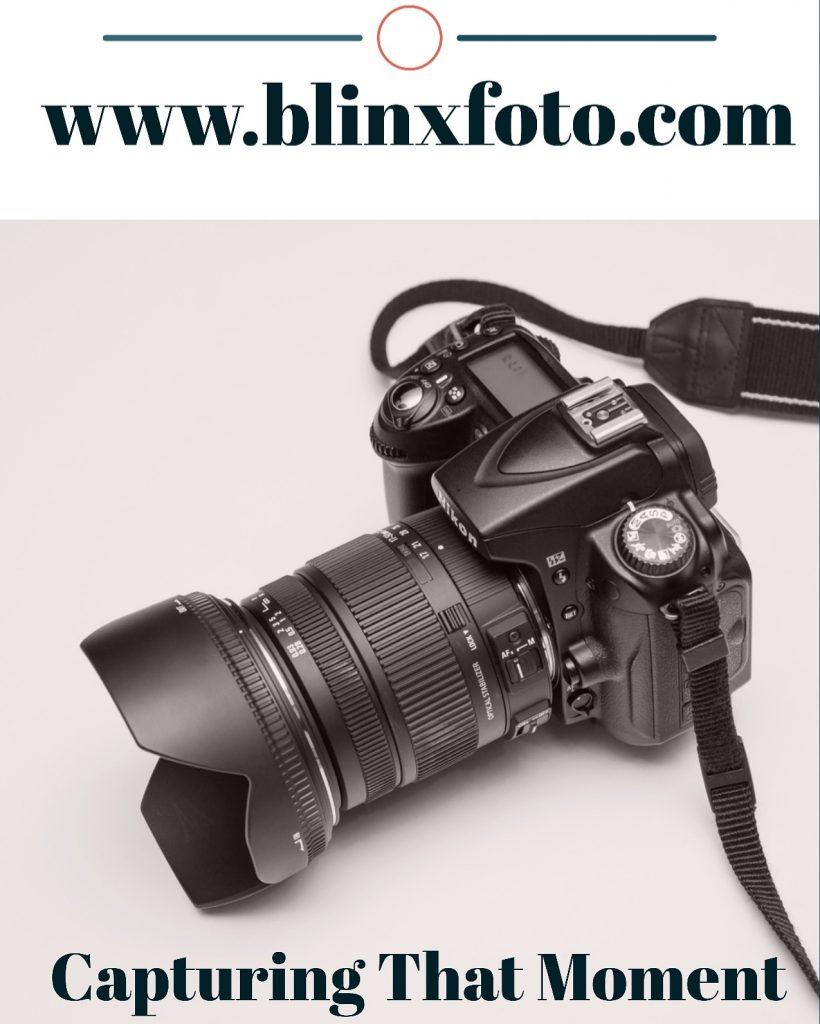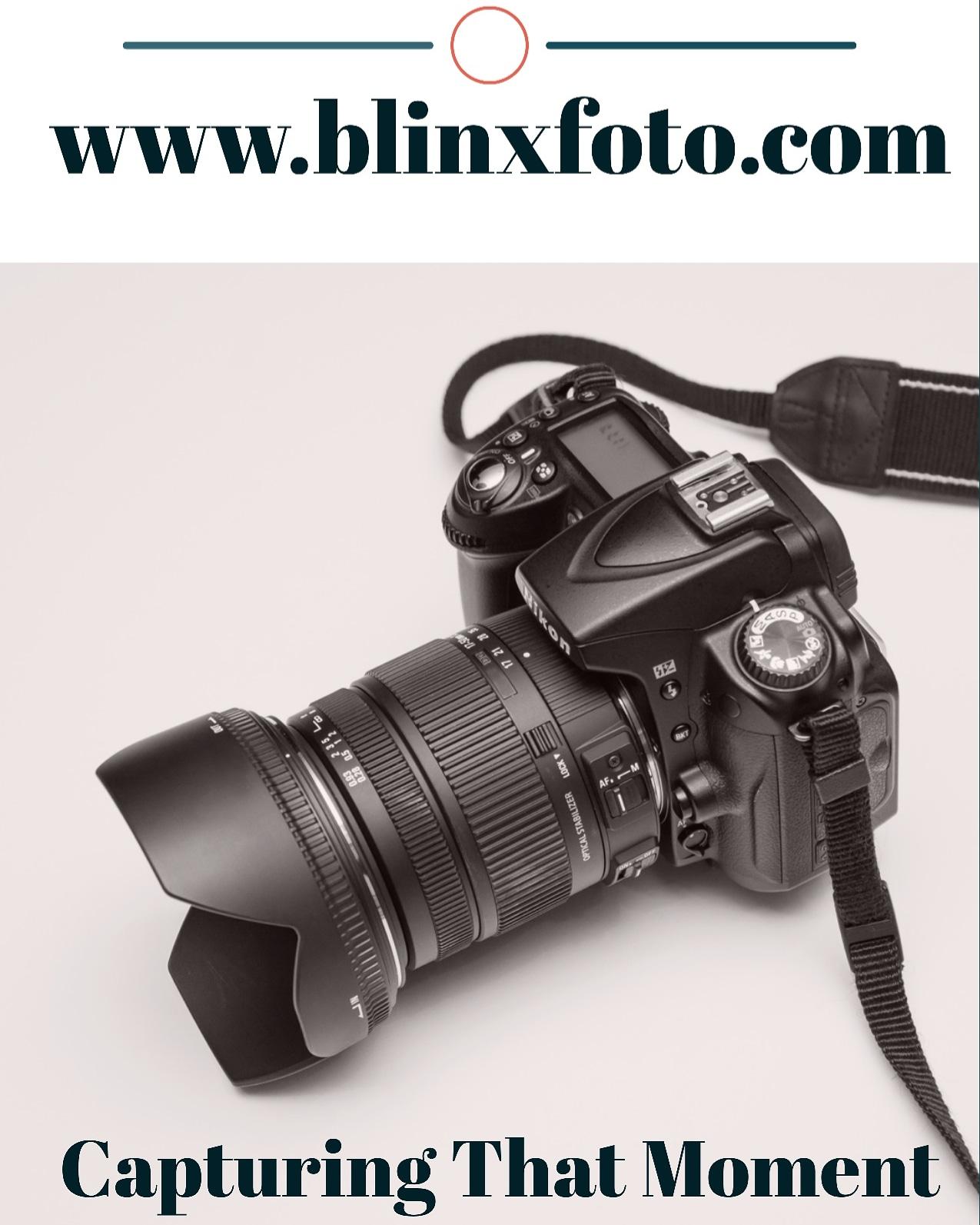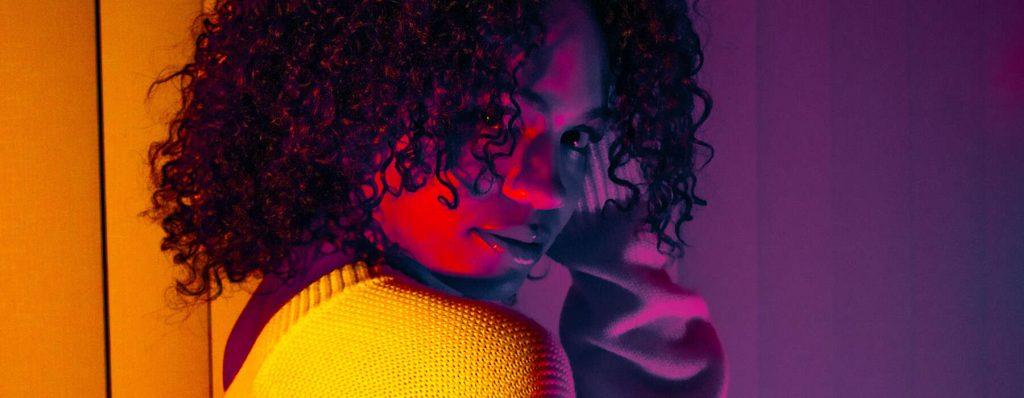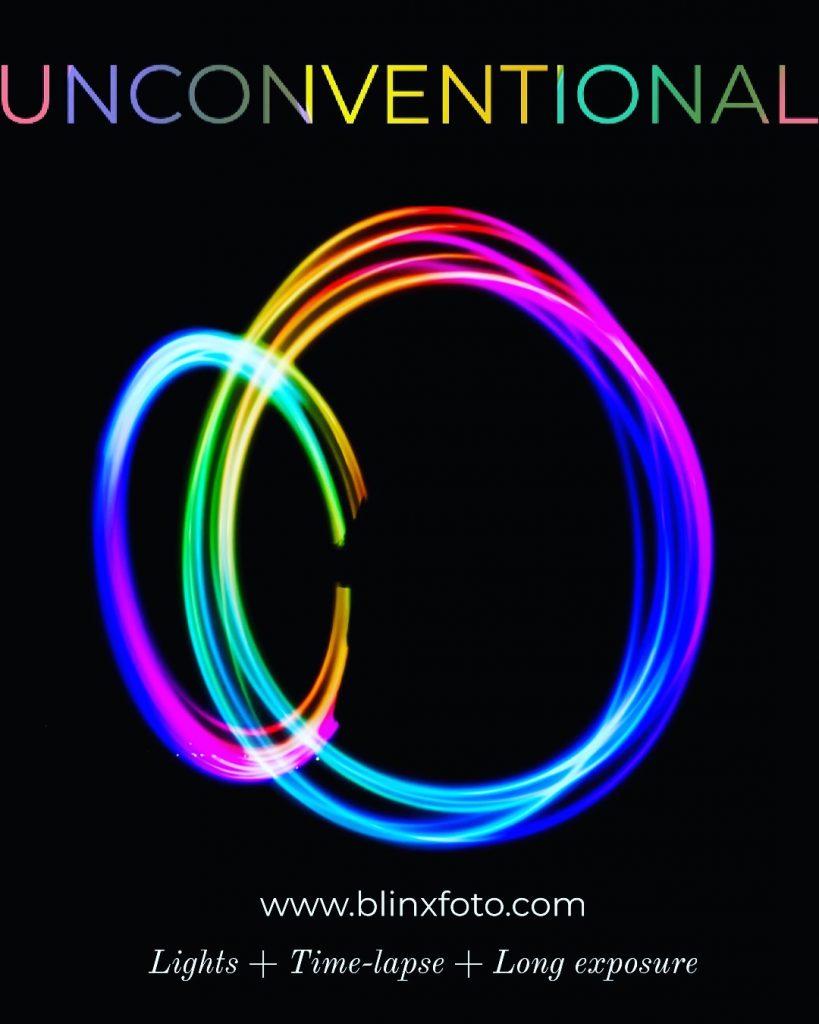Photography has come a long way since the days of film cameras, and with the advent of smartphones and their increasingly advanced cameras, it might seem like the handheld camera is a thing of the past.
But, before you go trade in your trusty handheld, wait a moment, despite the convenience and accessibility of smartphone photography, there are still many reasons why using a handheld camera is relevant and valuable for photographers.
Some, might argue that it’s a bit like driving a manual car over driving an automatic – yes, the automatic is nice, and easy to drive, but, you are better off learning to drive in a manual, then you not have the experience and knowledge base of how it is controlled, but also, the choice between the two.
One reason is the level of control that a handheld camera offers. While smartphone cameras have improved significantly in recent years, they still can’t match the level of manual control that a dedicated camera offers.
Try doing “proper” bokeh on a smartphone, even a top branded one worth over £1000 and you will understand.
This includes the ability to adjust settings such as aperture, shutter speed, and ISO, as well as the option to use a variety of lenses to achieve different effects.
This level of control allows photographers to fine-tune their images and achieve the exact look they want, rather than relying on the limited settings and capabilities of a smartphone camera.
Another reason why handheld cameras are still relevant is their durability and reliability. Smartphones are prone to damage and are not built to withstand the same level of wear and tear as a dedicated camera.
Handheld cameras are designed to withstand more rugged conditions and are often built with more durable materials, making them a more reliable choice for photographers who need a camera they can rely on in challenging environments.
Additionally, handheld cameras often have better image quality and low light performance compared to smartphone cameras. While smartphone cameras have improved in this regard, they still can’t quite match the image quality and low light performance of a dedicated camera with a larger image sensor.
Moreover, this is especially important for photographers who are shooting in challenging lighting conditions, bad weather, or who simply require the highest image quality possible for their work.
To summarise, handheld cameras are still useful and essential instruments for photographers.
They provide more control and customization than smartphone cameras, are more robust and dependable, and frequently have higher image quality and low-light performance.
While smartphone cameras have their uses and can be handy for everyday shooting, handheld cameras provide a degree of adaptability and capacity that makes them a vital tool for serious photographers.

Q: Can handheld cameras do everything that smartphone cameras can do?
A: From a shoot point of view only, yes better and more, handheld cameras are more powerful and versatile than smartphone cameras, but they can’t do everything that smartphones can do. Smartphones are convenient and offer features such as internet connectivity and apps that allow for editing and sharing photos on social media. Handheld cameras do not have these features, but they offer a level of control and customization that smartphone cameras simply can’t match, as well as better image quality and low light performance, and these factors alone can make or break the outcome of a photo shoot.
Q: Are handheld cameras more expensive than smartphone cameras?
A: Handheld cameras can be much more expensive than smartphones, especially when purchasing high-end models. like Lecia and RED.
However, there are also a wide range of handheld cameras available at various price points, so it is possible to find a camera that fits your budget. Keep in mind that the initial cost of a handheld camera may be higher, but it can also be a more cost-effective choice in the long run due to its durability and the ability to use it for a longer period of time, and that if you are a photographer with a business, it will eventually pay for itself of course.
Q: Do I need to be a professional photographer to use a handheld camera?
A: Not at all, you do not need to be a professional photographer to use a handheld camera. These cameras are suitable for photographers of all levels, from beginners to professionals. While handheld cameras offer more manual control and customization options, they also often have automatic modes that allow even novice photographers to capture great images.
Q: Can I use a smartphone as a handheld camera?
A: While it is possible for you to use a smartphone as a handheld camera, it is not the same as using a dedicated handheld camera. Imagine turning up at a wedding shoot with an iPhone.
Smartphones have limited manual control and customization options, and their image quality and low light performance may not be as good as a dedicated camera. However, smartphones can be a convenient and accessible option for everyday photography and social media quality photos where the expectation is less.
Handheld cameras often have better battery life than smartphones, making them a more reliable choice for extended photo shoots or for use in areas where charging may not be possible, and you can always pack spare batteries for your handheld.
Handheld cameras often have more robust and professional-grade build quality, even metal casings on some, making them a more durable choice for photographers who need a camera that can withstand more rugged conditions. they also have accessories like weather hoods and lens petals to accommodate most weather types.
Many handheld cameras offer a wide range of creative options, such as the ability to shoot in raw format or to capture high-resolution images and video. These options can be especially valuable for photographers who need maximum flexibility and control in their workflow.
Though tools like Adobe and such are available on mobile phones, they are usually “lite” versions and lack functionality.
Handheld cameras often have a more intuitive and user-friendly interface, making it easier for photographers to navigate and adjust settings on the fly.
While smartphone cameras have improved significantly in recent years, there is still a noticeable difference in image quality between a smartphone camera and a high-end handheld camera.
This can be especially important for photographers who need the highest image quality possible for their work.




